SIG and GHRCCA’s UNICEF project continues to expand the field of social work in additional countries.
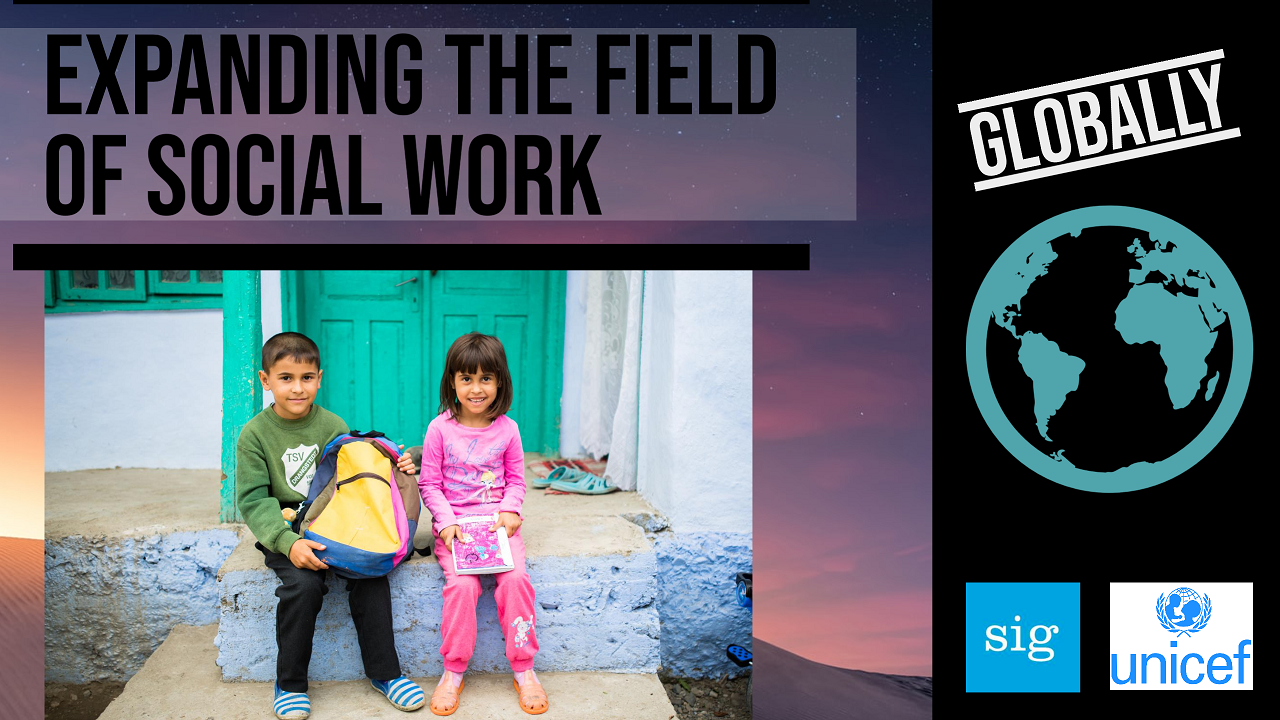
The dire need for the expansion of social work globally
Several societal issues including the stressors of forced migration, gender-based violence, stigma, and reduction in personal freedoms have led to the need for a robust social work response in Central Asia and Eastern Europe. All of these needs were exacerbated by COVID-19.
Despite the tremendous need, the field of social work in parts of Europe and Central Asia is nascent, with inadequate and varying levels of education and training programs supporting the profession and the core competencies needed to provide comprehensive and responsive services. Several countries in this region have not readily adopted proven evidence-based strategies and social work practices. Yet, community engagement on humanitarian and local issues has played an important role in the successes of the social service workforce globally.
New partnership to expand the capacity of the social service workforce
One of UNICEF’s priorities is to strengthen the social service workforce in this region. In 2019, UNICEF and SIG, together with the Columbia University School of Social Work (CSSW) and the Global Health Research Center of Central Asia (GHRCCA), formed a capacity building, implementation and dissemination research project to achieve just that, called Building Social Service Workforce Competencies in Europe and Central Asia.
A strong social service workforce – well-trained and supported professionals who work to ensure the healthy development and well-being of children and families -- is critical in addressing poverty, social exclusion and violence.
How the Building Social Service Workforce Competencies in Europe and Central Asia operates
This project builds upon the success of the prior iteration, USWEEP, which also strengthened interpersonal communication and community engagement competencies of the social service workforce in Europe and Central Asia.
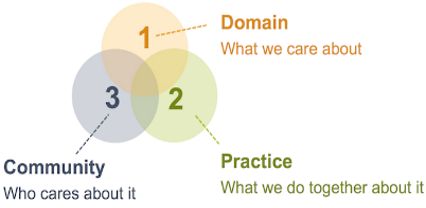
Launch of USWEEP in Uzbekistan
The goal is to help strengthen the professional competencies of the social service workforce in Europe and Central Asia and, thereby, influence and support individual and social change while improving the behavioral and social outcomes of vulnerable individuals, children, families, groups, and communities.
Since launch, Building Social Service Workforce Competencies in Europe and Central Asia has expanded to a total of eight countries. It began in Kazakhstan, Georgia, and Albania and now includes Greece, Uzbekistan, Montenegro, Serbia and Turkmenistan.
Dr. Timothy Hunt, Associate Director of SIG, is the Principal Investigator on the project. He says, "The project is in full swing, having completed the training and capacity building model in Uzbekistan, Montenegro, Greece and now in Turkmenistan, where social work is in its beginning stages of development."
Those trained have included university faculty, representatives from non-governmental organizations, and staff from several ministries.
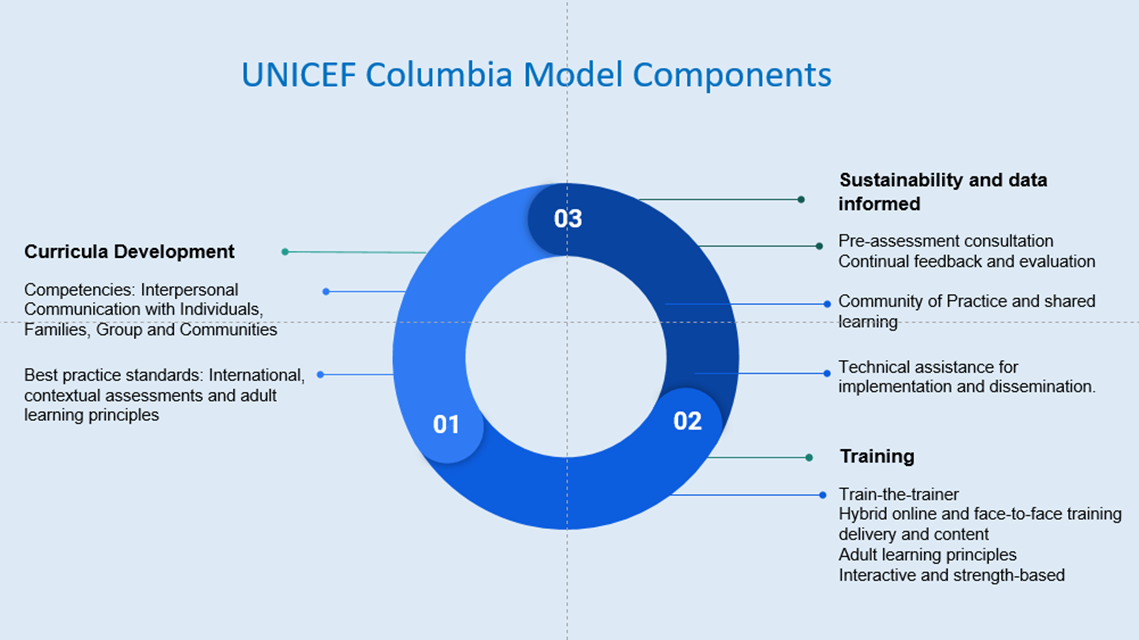
The international team and science behind Building Social Service Workforce Competencies in Europe and Central Asia
A core strength of this project is the multilingual, international team based in the US and Kazakhstan, including leaders of the social work services field in the Europe and Central Asia region. In addition to Dr. Hunt, the team includes lead consultant Lyudmila Kim, a graduate of the CSSW and a clinical social worker, who is leading the curriculum development and training. She has worked extensively in the region and in child and family protection services. Dr. Mashiura Alkilova, faculty at CSSW, is leading the community engagement components of the training along with Ms. Sholpan Primbetova, the deputy director of GHRCCA and co-investigator on numerous joint research projects with SIG.
The training was built upon the CSSW model, using international and Educational Policy and Accreditation Standards for core competencies and social work education, and promotion of theory paired with practical skills and supervision for sustainment. The capacity-building model contains both a train-the-trainer aspect as well as Community of Practice being built for each country. This collaborative learning model allows support and mentorship between members.
Specifically, the training design incorporated aspects of the CSSW Institute on Pedagogy and Technology for Online Courses (more on this type of training design here) from which both Dr. Hunt and Ms.Kim received certificates.
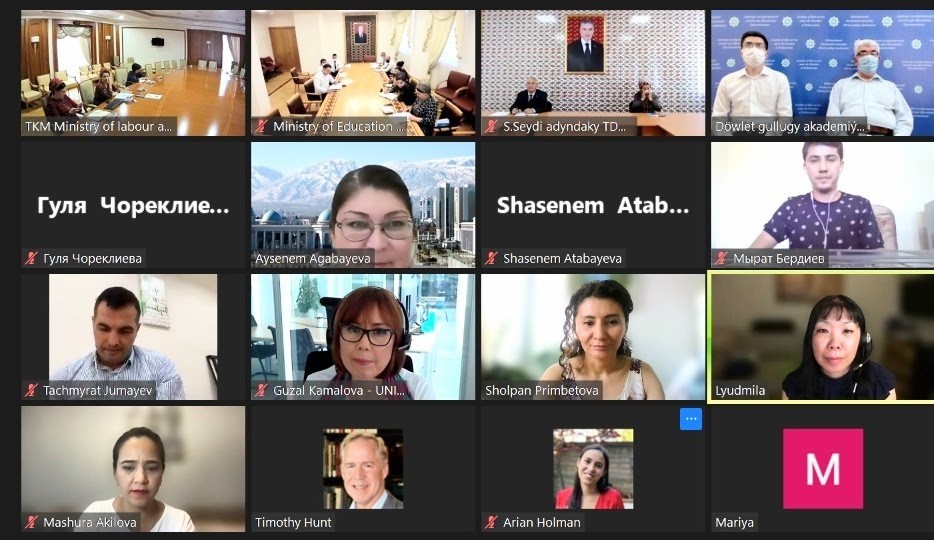
The impact of the program has been significant
The training program has been successful: Many universities have adopted the materials into their curriculum, which means hundreds if not thousands will be trained in the field of global social work.
In fact, UNICEF's representative of Turkmenistan Aysenem Agabayeva (pictured above, second row, second column) said, “You have helped create a community of practice with well-developed content that focuses on the appreciation of international standards. The name of Columbia University helps promote all our work with our ministries. We’re developing a pioneer group of trainers to disseminate in the future.”
Dilnoza Khusanova, the head of the Social Work Department at the Republican Center for Social Adaptation of Children in Uzbekistan shared that social workers at the Republican Center "Professionally grew thanks to trainings and courses organized with the support of UNICEF. The training to build social work competencies in Uzbekistan strengthened professional skills of social service workforce engaged in reforms in social welfare system, child protection and the deinstitutionalization process. As a partner, I will apply the knowledge to build capacity of local authorities, health and education specialists, community workers, juvenile inspectors and children's courts which, in turn, will create a more advanced system for assessing, making decisions and supporting a client of social services."
Participants also appreciated the train the trainer program. Social worker and lawyer Yulduzhon Umarbekova of Uzbekistan said “Being a social worker for many years, I thought that I already skilled to provide direct services. But participating, I realized that there is still a lot to learn for more effective practice. Communication skills for needs assessment and planning practices, as well as collaboration and activities with the community, were especially helpful. I will apply the acquired skills and materials in my practice, where I provide services to families and children, but they will also be useful to me to train other service providers in the child welfare system."
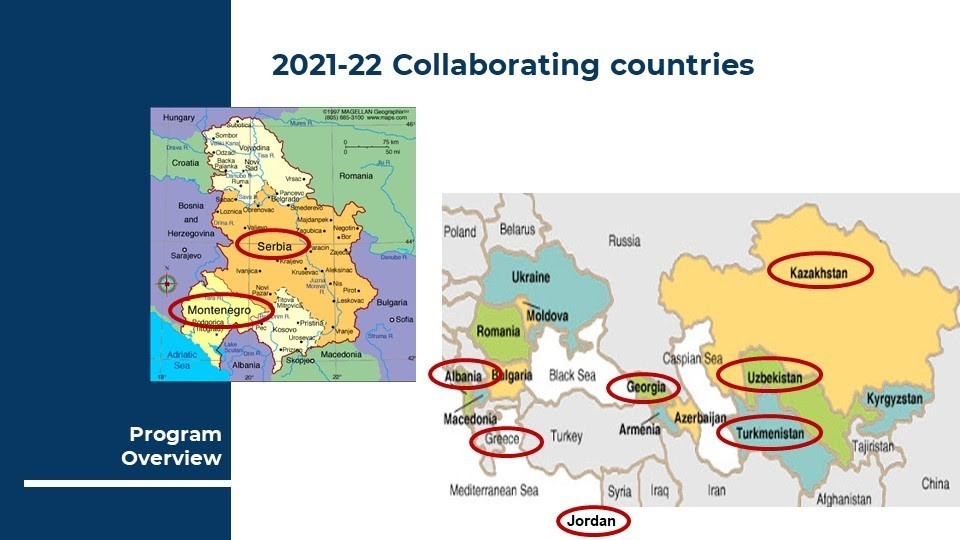
Next steps for Building Social Service Workforce Competencies in Europe and Central Asia
Each year, the project plans to expand to new countries. In 2022, there are plans to return to Jordan and collaborate with project ASPIRE to work on mental health and the social service workforce. Additionally, the team is now engaging Belarus stakeholders.
Next, the project team at CSSW and GHRCCA (in partnership with the Columbia Global Centers of Paris and in the Middle East) will conduct consultations in each of the new countries in order to tailor the existing curriculum to their context.
You have helped create a community of practice with well-developed content that focused on the appreciation of international standards. The name of Columbia University helps promote all our work with our ministries.
The original three pilot countries will also learn advanced topics in additional training sessions focusing on building online training skills, implementing training designs from the curriculum, and sustaining a cascade of training by the in-country master trainers.
Access to the tailored materials will be available on a cloud-based library with training materials translated and contextualized by collaborating countries. As noted, several universities have already integrated the materials into their social work programs for allied professionals and students.
The materials can be adapted to both academic and practice-based settings, the latter of which are retrained with social work standards.
The program is absolutely unique. Step by step you learn more and more refined tools and interventions to succeed with clients where properly constructed communication is both a method of supporting and motivating the client on the change.
Project team
New York, NY (CSSW)
- Dr. Timothy Hunt, Principal Investigator (PI)
- Lyudmila Kim, Lead Consultant, curriculum development, training
- Dr. Mashiura Alkilova, Curricula and training consultant
- Arian Holman, Project coordinator
- Starr Williams, Research assistant intern
- Aida Castro, Research assistant intern
Almaty, Kazakhstan (GHRCCA)
- Sholpan Primbetova - Co-Investigator
- Meruert Nurkatova, Training evaluation and delivery
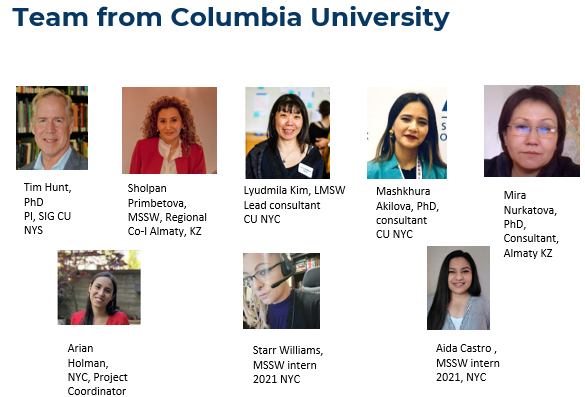
Former collaborators
- Jenny Hartmann (curriculum development)
- Yifan Liu, Research Assistant, coordinator
- Research assistant interns 2020-2021:
- Chi Zhang, MSW student
- Marie Lamont-Smith, MSW student
- Lujia Guan , MSW student
